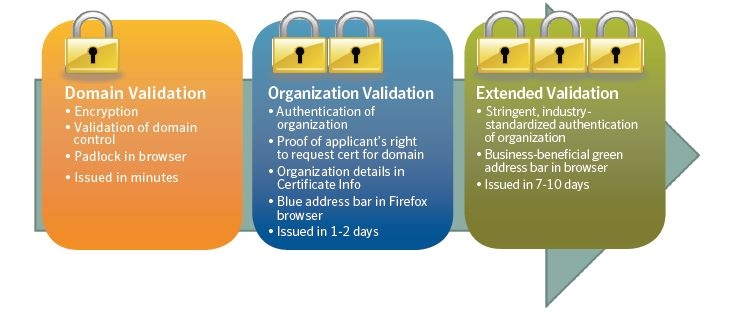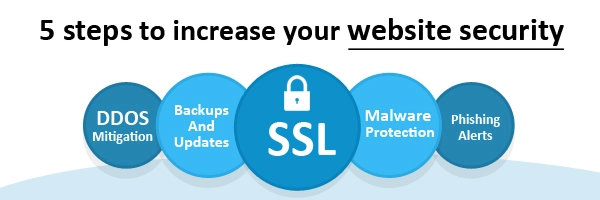Introduction
In the ever-evolving landscape of SEO (Search Engine Optimization), one aspect that has gained increasing importance over the years is SSL (Secure Sockets Layer) certificates. Primarily it is used for securing data transmission on the internet, SSL certificates have now become a critical component of SEO. In this blog post, we will explore the significance of SSL certificates in SEO, and why they are essential for your website’s success.
Understanding SSL Certificates
SSL certificates are digital certificates that provide a secure, encrypted connection between a user’s web browser and a web server. They ensure that the data transferred between the two is encrypted and cannot be intercepted by malicious third parties. If the website has an SSL certificate, it can be accessed through HTTPS (Hypertext Transfer Protocol Secure) instead of HTTP, it is the non-secure version.

Google’s Emphasis on Website Security
Google, being the dominant search engine, sets the trends and standards for SEO. Over the years, Google has increasingly emphasized the importance of website security. In 2014, Google announced that HTTPS would be a ranking signal, meaning that secure websites would be given a slight boost in search rankings. This decision was part of Google’s broader effort to make the internet a safer place.

SEO Benefits of SSL Certificates
Here are the key ways in which SSL certificates positively impact SEO:
1. Improved Search Rankings
As mentioned earlier, Google rewards websites that use HTTPS with a slight ranking boost. While this boost may not catapult your site to the top of the search results on its own. Every little bit of this will help in the competitive world of SEO.
2. Enhanced User Trust
When visitors see the padlock icon and “Secure” label in their browser’s address bar, they are more likely to trust your website. This trust factor can reduce bounce rates and increase the time visitors spend on your site. It is a metric Google considers when ranking websites.
3. Data Security and Privacy
SSL certificates protect sensitive information like login credentials, payment details, and personal data from being intercepted by hackers. Ensuring the privacy and security of your users’ data is not only a legal requirement in many cases but also a trust-building factor.
4. Mobile Optimization
Google’s mobile-first indexing prioritizes mobile-friendly websites. SSL certificates are essential for mobile optimization, as they ensure secure connections for mobile users, improving their experience on your site.
Types of SSL Certificates

-
Domain Validation (DV) Certificates: These are the most basic SSL certificates and are suitable for personal websites or blogs.
-
Organization Validation (OV) Certificates: These provide a higher level of validation and are typically used by businesses and organizations.
-
Extended Validation (EV) Certificates: These provide the highest level of validation and are used by businesses that want to display their legal entity name prominently in the browser’s address bar.
-
Wildcard Certificates: These cover subdomains and are ideal for businesses with multiple subdomains.
Conclusion
In the world of SEO, staying up-to-date with the latest trends and best practices is essential for success. SSL certificates have evolved from being just a security measure to becoming an integral part of SEO and it is beneficial to know the importance of SSL certificate. Not only do they improve your website’s search rankings, but they also enhance user trust, data security, and mobile optimization.
If your website is still running on HTTP, it’s time to consider obtaining an SSL certificate and migrating to HTTPS. Not only will you be aligning with Google’s standards, but you’ll also be providing a safer and more trustworthy experience for your visitors. In the competitive world of online business, every advantage, no matter how small, can make a significant difference.

[…] Source: SSL Certificates and its importance in SEO – SEO Kochi […]